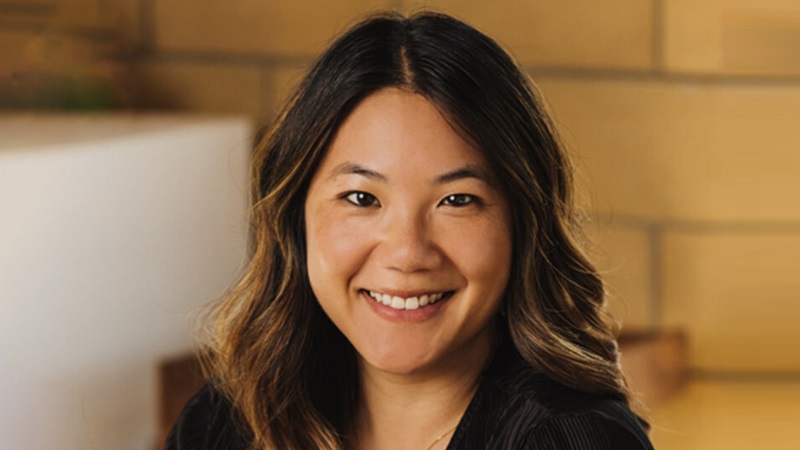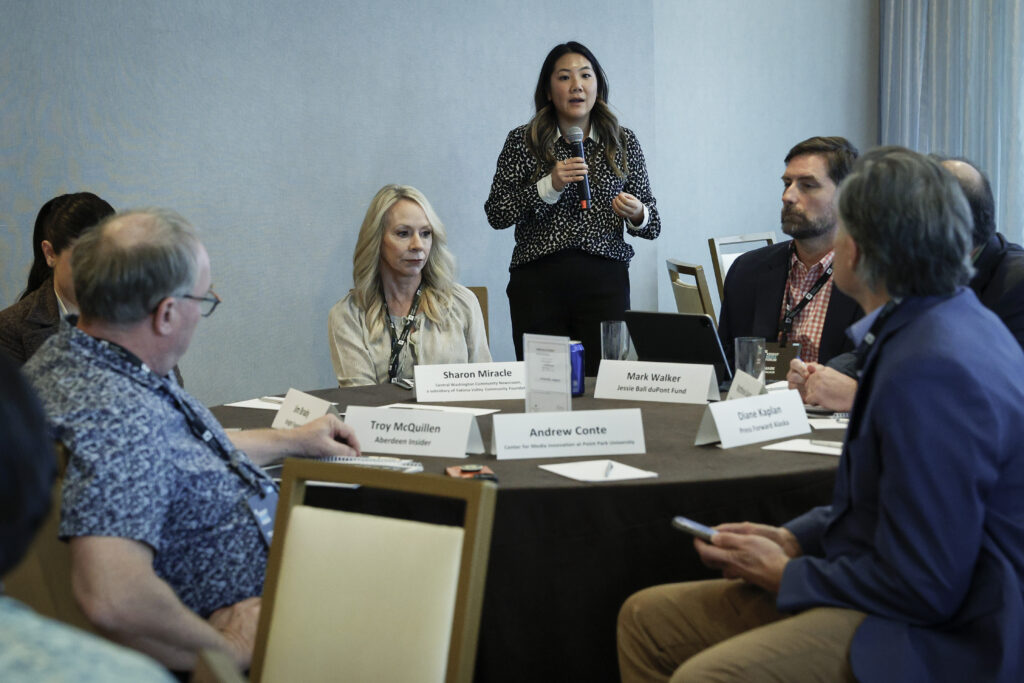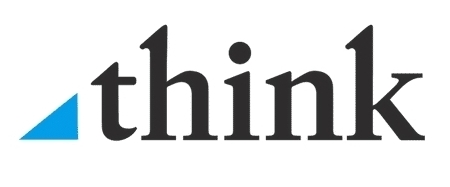
Christina Shih began her journalism career building out the membership program at the Voice of San Diego, one of the country’s first digital nonprofit newsrooms. This audience-first fundraising model proved to be so successful, Shih joined two of her colleagues to launch the News Revenue Hub, which helps news organizations across the country launch membership and audience development programs.
Since then, Shih has spent the past decade building and scaling solutions for newsrooms and the sector – from leading grassroots fundraising training for NewsMatch to coaching newsroom leaders and managing sustainability-focused grant programs.
Even though Shih studied Chinese art history as an undergrad, her turn to journalism wasn’t out of the ordinary. After immigrating to the United States from Vietnam, Shih’s mother spent nearly three decades as a systems project lead with Copley Press, which at the time owned their hometown newspaper the San Diego Union-Tribune. Shih watched her mother develop software programs that managed print inventory, which helped her see how different operational roles powered newsroom production and distribution.
Shih joined Press Forward as a consultant last fall, focused on building the early infrastructure for the initiative and developing the roadmap to welcome local chapters from across the country. Her new position will expand on that work, and so much more.
We talked with Shih about journalism and the experience she will bring to Press Forward.
You’ve spent your career working with newsrooms, with a special focus on sustainability. What lessons from that work do you bring to Press Forward?
Shih: The biggest lesson is that culture change is going to take time. But it is worth it.
I oversaw business development at the News Revenue Hub, which meant I talked to hundreds of organizations that wanted to launch membership programs. And a lot of the conversations centered on questions like, what does it mean to launch a membership program? How do you engage and activate your relationship with your readers? What does it mean for your staff, who may not have thought about membership or fundraising before? What is their role in making this successful? What’s required from the leadership and board?
It takes time to build consensus, and to get everybody aligned. But now, reader revenue programs are a ubiquitous part of the business model.
I see this with Press Forward, too. The field of journalism philanthropy is still so young, and we need a culture shift in how we think about seeing journalism as a philanthropic cause that needs our support. It’s not going to happen overnight. But my hope is that at the end of five years, we can make progress in this type of narrative and culture change.
Q: Why join Press Forward?
Shih: Having been in this space for ten years, I haven’t seen anything like this before. I understand a lot of the skepticism about the pace at which Press Forward is moving and how it’s moving. But having interacted with many funders at the local and national level, I’ve never seen mobilization like this. Everybody is clear about the urgency and the need, and they’re committing to working together in the same direction.
On a personal level, it’s an extension of everything that I’ve done. I can take what I’ve learned about newsroom sustainability and revenue models and apply it to this ambitious mission, but still not lose sight of who it is impacting – and that’s both newsrooms and the people and communities they serve.

CHRISTINA SHIH SPEAKS AT THE KNIGHT MEDIA FORUM 2024. PHOTO BY EVA MARIE UZCATEGUI
You’ve spent the last six months getting 17 Press Forward Locals off the ground. Why do you think these local chapters are so important to Press Forward’s success?
Shih: At the end of the day, Press Forward is about local communities. And a national movement that focuses on local news is not going to be successful if it’s just supported by national funders.
Local funders are closer to community needs. They are already on the ground and doing the community listening and learning more about their local news ecosystem. And they are trying to bridge the gap between what the members of their community want and need, yet also thinking about how they can add the resources and the infrastructure to help these organizations thrive.
What’s giving you hope about local journalism at this moment?
Shih: I am inspired by this new wave of leaders who are thinking of themselves not just as journalists, not just as editors, not just as publishers. They are thinking about how you can be all of those things in one and develop the skills to lead their organization in this changing environment.
They are leading startup organizations that are working with lean budgets, trying to find the right partners to just get them to that next milestone, or thinking creatively about how they’re trying to serve their audiences or how to experiment with new revenue streams.
Last year, I consulted with journalism support organizations like LION Publishers and the Institute for Nonprofit News to coach their member newsrooms on their business models and fundraising strategies. This allowed me to connect with newsroom leaders and learn more about local journalism efforts in different communities.
I worked with Amethyst Davis from Harvey World Herald as part of the Chicago Independent Media Alliance’s spring campaign and heard her speak passionately about her vision as well as the realities of running a community-first newsroom from the ground up. She is focused, sharp and is thinking holistically about what it takes to build an organization that will have a lasting impact.
Another example is 2Puntos Platform in Philadelphia, which is part podcast and part community newsroom. I coached Emma Restrepo and Madison Rae Karas through the Knight-Lenfest Local News Transformation Fund’s year-end fundraising campaign. They are deeply rooted in their community and challenge the notion of what a traditional newsroom looks like. They’re embracing different revenue streams, building up fundraising muscles and also thinking about what type of tools and infrastructure they need to carry out the operations and mission of their newsroom.
Now that you’re officially taking on your new position, what’s on your plate for the next few months?
Shih: Two words that will be driving my first few months on the job are listening and learning.
I am stepping into this philanthropic role with a journalism, business and nonprofit background. I want to understand the questions that community foundations and place-based funders have about supporting journalism and their local media ecosystem. I plan on building out a learning network by creating resources, facilitating connections and adapting as we go.
At the same time, I feel a deep responsibility to listen to the field and find ways to address the needs, challenges and ideas that newsrooms and journalism support organizations are elevating. Having raised money for a nonprofit myself, I understand and empathize with grant seekers, especially first-time applicants who are up against an intimidating and sometimes opaque grantmaking processes. I want to bring that perspective to how we design and roll out our Pooled Fund grant opportunities.
Where can we find you when you’re not at work?
Shih: I’m a San Diego native and love living here. It’s an incredible place where you can go to the desert, the mountains and the beach in a single day. It is also a binational region, with Tijuana being just steps away. The blend of cultures comes through in art, music, food and community. So, when I’m not working, you can find me camping in the desert, eating Mexican food or checking out our museums and art galleries – and I invite you to join me next time you are in town!











